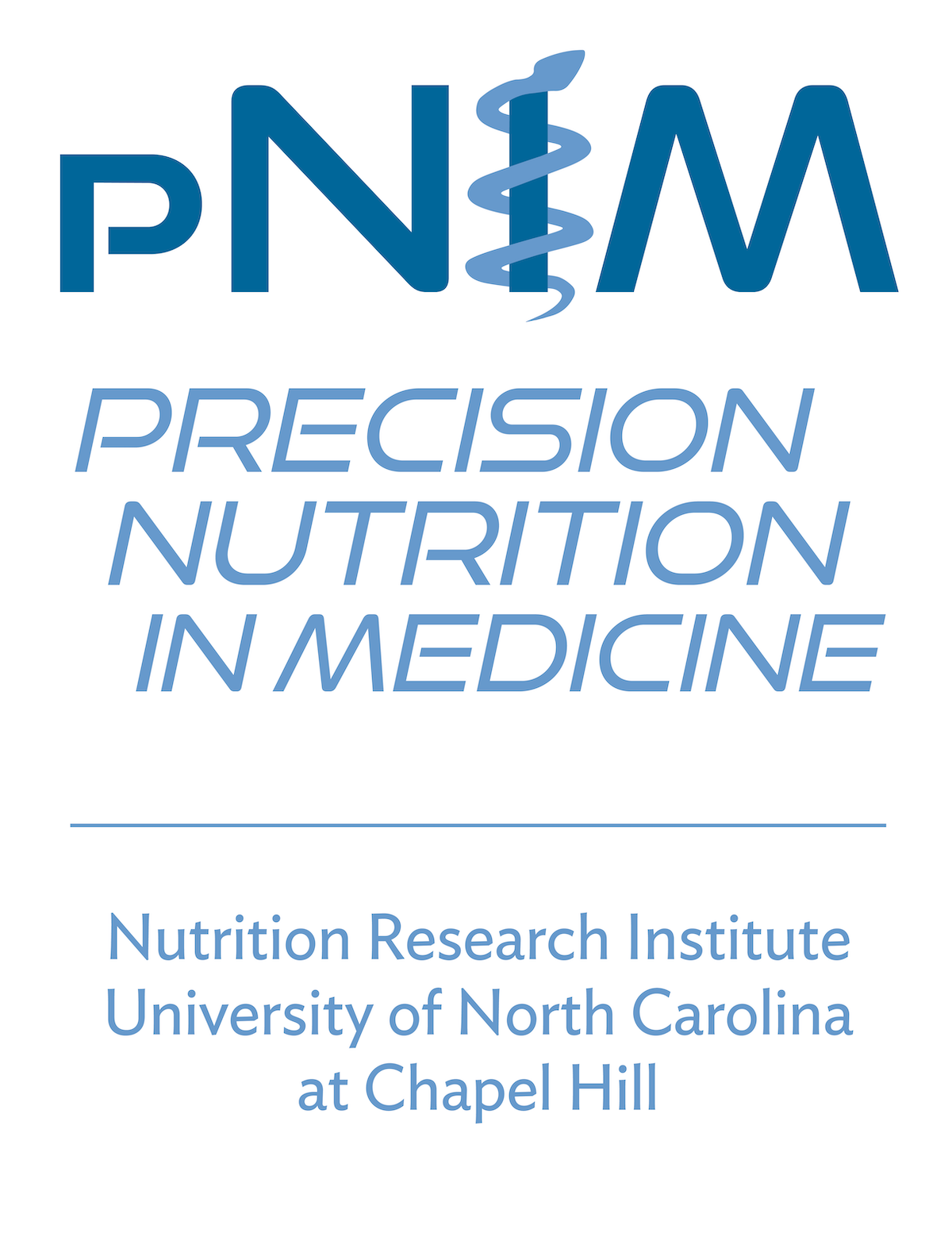Precision Nutrition in Medicine
Identifiable molecular traits that highlight individual differences are often the underlying factor for the differences in response to nutritional intervention. Precision nutrition is, therefore, premised on the recognition that even apparently similar people differ in many important ways due to these identifiable molecular traits, and designed to use in practice, biomarker patterns that make nutrition guidance demonstrably more effective for members of subgroups identified by such patterns than it would be without this information.
Even though for many years, precision nutrition in medical practice has been lacking, nutritional intervention in clinical practice can no more be complementary but imperative against a background of deepened understanding of the role of nutrition in the pathology of many chronic diseases such as diabetes and cancer.
This course is uniquely designed to help physicians understand how genetic and other complex biological information can be used to better estimates individual’s nutrition requirements and intolerances and use the appropriate application of genetic information to optimize nutritional needs and improve the outcomes of the patient.

Mission & Objectives
Precision Nutrition in Medicine
Mission Statement
To bring Precision Nutrition into regular medical practice and make nutrition guidance of patients more effective.
Goal
To educate physicians on how to counsel patients efficiently and effectively on implementing evidence-based precision nutrition recommendations to improve the clinical conditions important for them and to optimize overall medical care.
Course Objectives
After completing the training course you should be able to
… use genetic and other complex data in daily practice
… adapt nutrition targets to individual patient needs
… counsel patients based on their nutrition targets
… safely track targeted nutritional intervention outcomes
Course Structure
Course Structure
Session 1: Presentation and discussion of PN foundation and practice Validity and utility of genetic tests
Session 2: Modifying Cardiovascular Risk Factors
Session 3: Ethics, Consent and Privacy
Session 4: Genetically informed nutrition guidance
Session 5: Obtaining and using genetic information
Session 6: Dietary Supplements
Session 7: Genetically informed lifestyle balance
Session 8: Working with individual behavioral dispositions.
Time requirement: 47 Hours Total
Required preparatory readings – 20 hours
Eight course sessions, 2 hours each – 16 hours
Readings during the course – 8 hours
Experiential personal behavior modification – 2 hours
Theoretical and practical examination – 1 hour
Course Delivery and Support
Provided by faculty and staff of the UNC Nutrition Research Institute with the support of:
- The University of North Carolina at Chapel Hill
- The International Society of Nutrigenetics/Nutrigenomics (ISNN)
- The Nutrigenetics task force of the International Union of Nutrition Societies (IUNS)
Course Benefits
- Refreshes basic nutrition and genetic knowledge
- Builds skills for using PN in medical practice
- Awards a Certificate of Completion in Precision Nutrition
- Accredited for Continuing Medical Education credits (applied) (16 hours, level 1)
Certification
Required Preparation prior to the course
- Review content of this Welcome Package.
- Read the textbook, Nutrigenetics, and selected papers as assigned.
- Familiarity with NGx glossary
Course Requirements
- Participation and certification is limited to licensed physicians (MD or DO)
- Approximately 40 hours are required to qualify for a certificate of completion.
- Lectures and practical exercises with course partners are required during all live sessions.
- Attend mentored 1-hour live session and peer-to-peer training for each session.
- Complete competency assessments and skill evaluations during sessions and at end of course.
Detailed Course Objectives
After completing the course, you are expected to be able to …
- understand clinical validity and utility of diagnostic predictors to assist in choosing from available PN resources and programs
- have a sufficiently detailed understanding of ethical and legal principles on the use of genetics to meet regulatory standards in clinical practice
- know how to obtain, utilize and document PN information for routine patients and how to chart outcomes, all without compromising privacy interests of the patients and of linked individuals
- be prepared to use PN markers for guiding food selections of their patients towards individually suitable intake targets for sodium, folate, choline, energy, macronutrient proportions, fat composition
- translate genetically informed nutritional algorithms into practical life-style guidance that is acceptable and effective for many of their diverse patients
- use genetic and other predictive information to identify and overcome compliance barriers in patients with different behavioral dispositions
- help their patients with the targeted, information-driven use of supplemental vitamin D, vitamin B12 and similarly critically important nutrients that may not be readily ensured with lifestyle choices alone
- explain compassionately and efficiently the scientific rationales and evidence base for PN while maintaining the focus on the health needs of their patients
Course Availability
The Precision Nutrition in Medicine course will be held on the following dates in 2020: TBA
Course Instructors

Martin Kohlmeier, MD, PhD
Professor of Nutrition
Director, Human Research Core
& Nutrigenetics Laboratory
UNC Nutrition Research Institute
Professor, Department of Nutrition
University of North Carolina at Chapel Hill
mkohlmeier@unc.edu
704-250-5023

Kelly Adams, MPH, RDN, LDN
Medical Nutrition Consultant
Ms. Adams specializes in training clinicians to integrate nutrition and lifestyle counseling into patient care. She is developing innovative approaches for physicians to apply focused precision nutrition guidance in practice.

Emmanuel Baah, MD, MPH
Postdoctoral Research Associate
Dr. Baah’s areas of interest include genetic epidemiology, nutrigenomics, and nutrigenetics. He currently works with Dr. Kohlmeier to strengthen training programs in precision nutrition, particularly for physicians.
ebaah@unc.edu
704-250-5041

